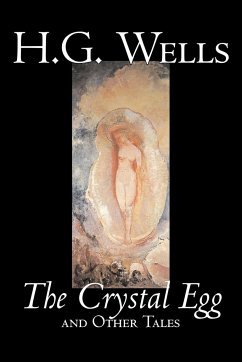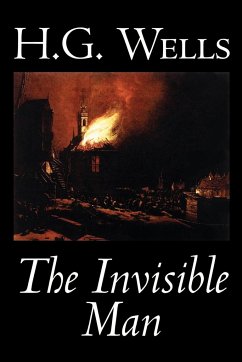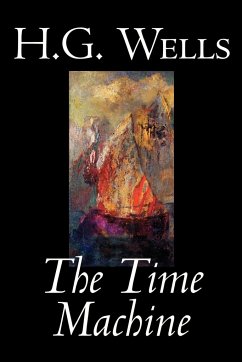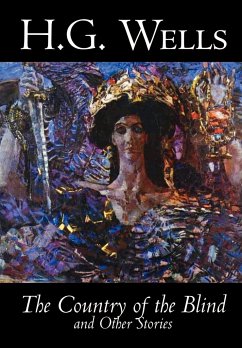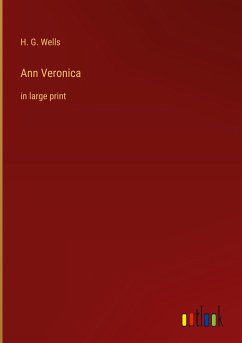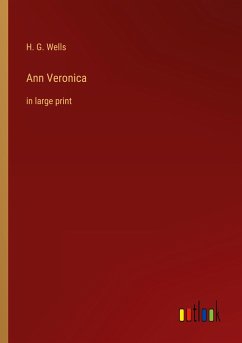
Ann Veronica by H. G. Wells, Science Fiction, Classics, Literary
Versandkostenfrei!
Versandfertig in 1-2 Wochen
18,99 €
inkl. MwSt.

PAYBACK Punkte
9 °P sammeln!
"The art of ignoring is one of the accomplishments of every well-bred girl, so carefully instilled that at last she can even ignore her own thoughts and her own knowledge." One Wednesday afternoon in late September, Ann Veronica Stanley came down from London in a state of solemn excitement and quite resolved to have things out with her father that very evening. She had trembled on the verge of such a resolution before, but this time quite definitely she made it. A crisis had been reached, and she was almost glad it had been reached. She made up her mind in the train home that it should be a de...
"The art of ignoring is one of the accomplishments of every well-bred girl, so carefully instilled that at last she can even ignore her own thoughts and her own knowledge." One Wednesday afternoon in late September, Ann Veronica Stanley came down from London in a state of solemn excitement and quite resolved to have things out with her father that very evening. She had trembled on the verge of such a resolution before, but this time quite definitely she made it. A crisis had been reached, and she was almost glad it had been reached. She made up her mind in the train home that it should be a decisive crisis. It is for that reason that this novel begins with her there and neither earlier nor later, for it is the history of this crisis and its consequences that this novel has to tell.



